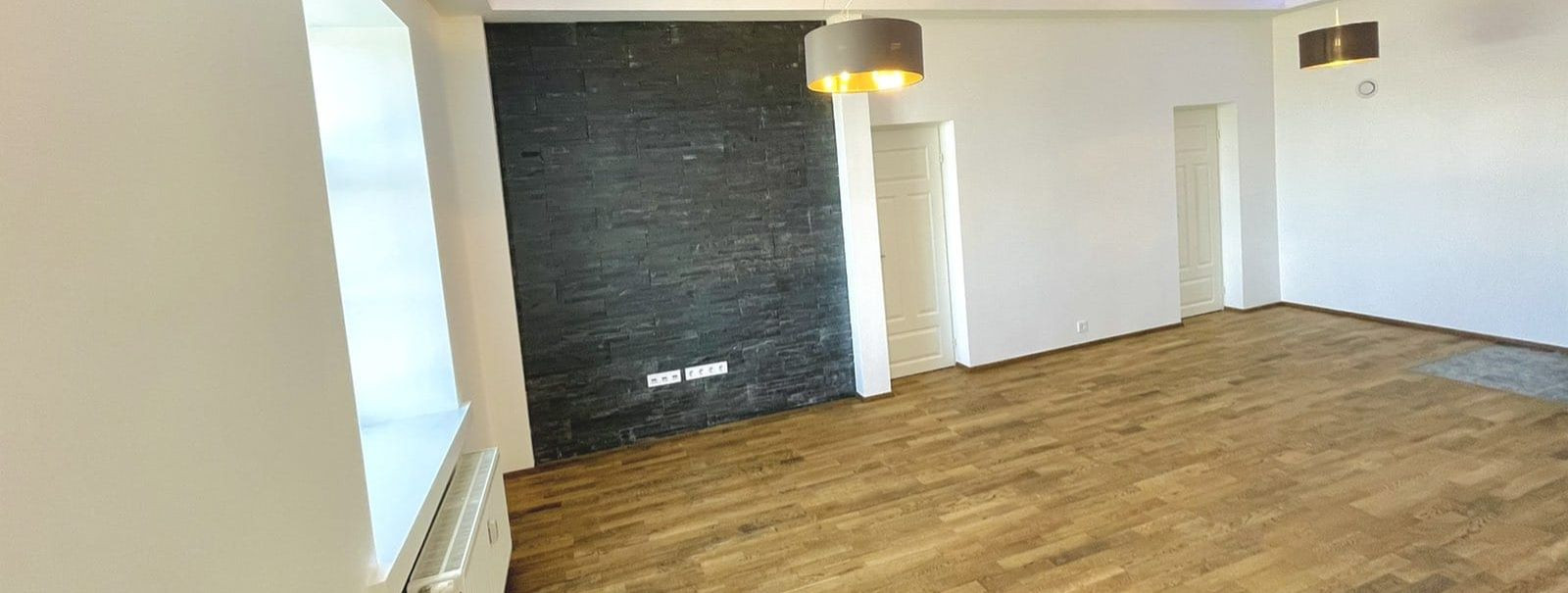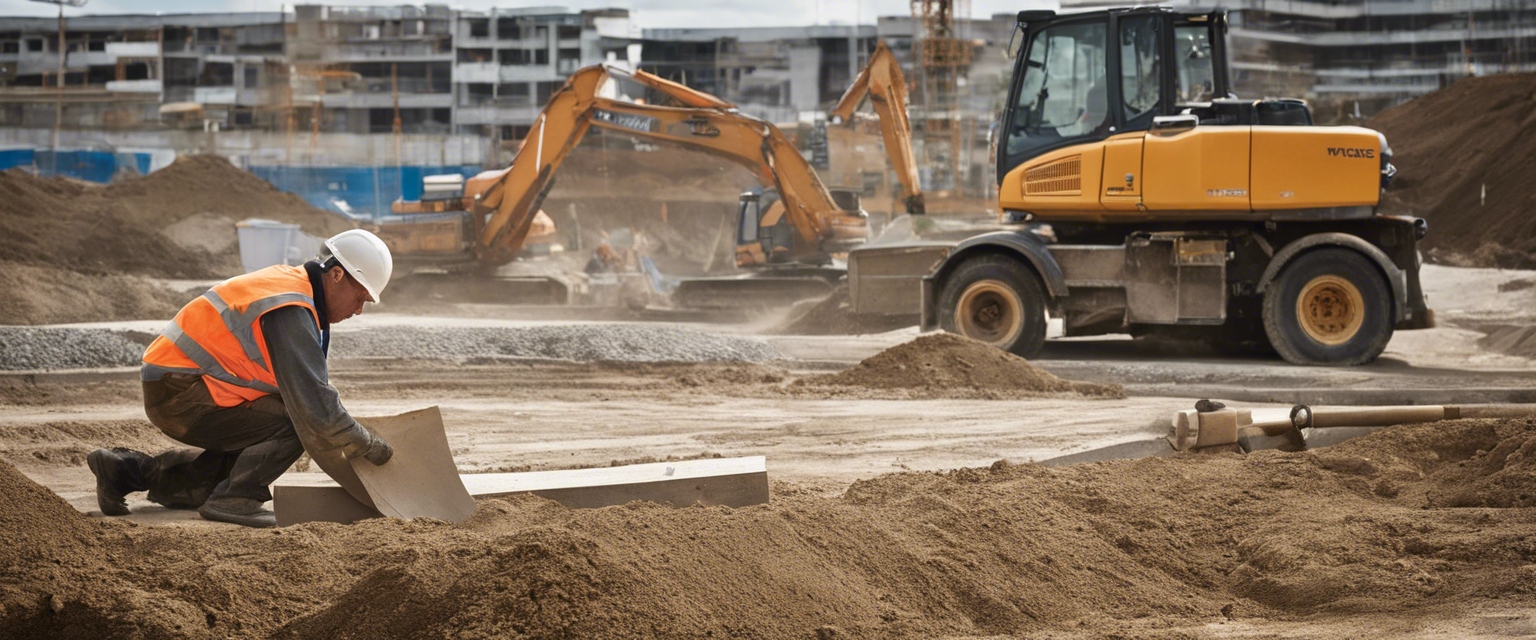The homeowner's guide to sustainable renovation
Embarking on a home renovation project offers a prime opportunity to integrate sustainability into your living space. Sustainable renovation focuses on improving a home's environmental performance, enhancing comfort, and reducing long-term costs, all while minimizing the ecological footprint.
Understanding the Basics of Sustainability in Construction
Sustainable renovation involves updating and modifying existing structures with environmentally friendly practices and materials. It aims to create energy-efficient, durable, and healthy living spaces.
Adopting sustainable practices in renovation projects is crucial for reducing energy consumption, conserving natural resources, and promoting a healthier environment both inside and outside the home.
Planning Your Sustainable Renovation
Before diving into a renovation, it's essential to establish clear sustainability goals. Whether it's reducing energy usage, utilizing recycled materials, or improving indoor air quality, having specific targets will guide your project.
An energy audit can help identify areas where your home can become more energy-efficient. This step is vital in planning a renovation that truly aligns with sustainability principles.
Selecting materials with low environmental impact, such as reclaimed wood or recycled metal, is a cornerstone of sustainable renovation. Prioritize materials that are locally sourced, durable, and have a low carbon footprint.
Energy Efficiency and Renewable Energy Sources
Proper insulation is a key element in creating an energy-efficient home. It helps maintain a consistent indoor temperature, reducing the need for heating and cooling.
Integrating renewable energy sources, like solar panels or geothermal systems, can significantly reduce your reliance on non-renewable energy and lower utility bills.
Water Conservation Strategies
Installing low-flow toilets, showerheads, and faucets can drastically cut down water usage without sacrificing performance.
Greywater systems and rainwater harvesting are effective methods for reusing water for non-potable purposes, further reducing your environmental impact.
Waste Reduction and Management
Opting for deconstruction allows for the reuse and recycling of building materials, as opposed to demolition, which typically results in significant waste.
During renovation, it's important to have a plan for recycling construction waste. This includes sorting materials and disposing of them responsibly.
Choosing the Right Partners for Your Renovation
Partnering with contractors who specialize in sustainable building practices is crucial. They can provide valuable expertise and ensure that your renovation meets sustainability standards.
When selecting a contractor, verify their credentials and review their past work to ensure they have a track record of sustainable projects.






Comments (0)